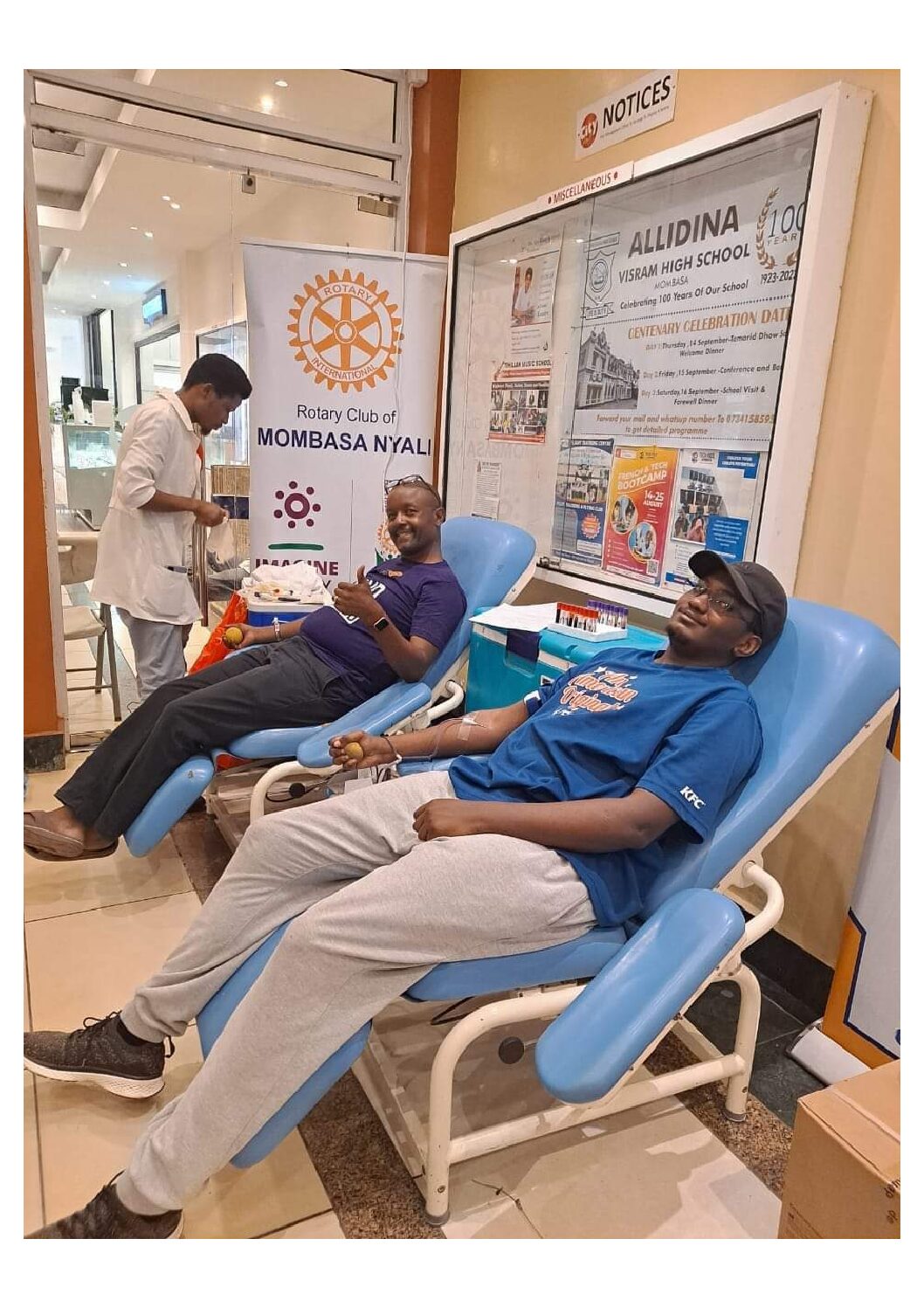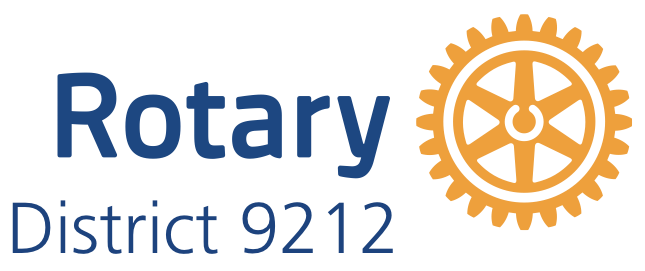Rotary’s Relentless Commitment In Disease Prevention And TREATMENT

Access to primary health care is still a challenge to many people around the world. The World Health Organization defines Primary Health Care as a whole-of-society approach to health and well-being centered on the needs and preferences of individuals, families and communities. “Needs and preferences” meaning that people should have quality access to health care and a range of choice to choose from for their health needs.
Rotary sets December as the Disease prevention and treatment month as a way to remind Rotarians and Friends of Rotary to for this month pay attention to the needs surrounding our communities in as far as disease prevention and treatment is concerned and seek creative ways that are tailored within each context to address these needs. In the 2018 – 2019 report, $ 4.2m was donated to disease prevention and treatment (figure not including Polio) and $ 40,310,114 went into that same area of focus [EN1] Despite this huge investment, when we look around us, we see a glaring situation that needs our attention.
I remember many years ago when I was in primary school I lost my best friend to Meningitis. “Maggie” (not her real name) and I were born in the same year and grew up in the same neighborhood. Our parents worked in the same Institute and as families we were very close. Every day we walked to and from school together and for the 6 years we were in school together, we were in the same class, sharing meals and being just children. We loved it and thoroughly enjoyed each other’s company. And on many occasions, we were spanked together although we rarely got into trouble but certainly if it was noise making, there was no one else she could be making noise with other than me! And life was a bliss.
One afternoon, the teacher spanked us for apparently writing on a classmates’ story book that we had borrowed and when the teacher asked who had scribbled something on the story book, not having done neither did Maggie or I agree. On our way home, she told me “Shiru (my childhood name); I didn’t write on the book. Do you believe me?” I told her I did and gave her my word too that I didn’t either. The next day, the teacher asked us who had written on the story book and again both of us said we hadn’t. Again, a little spanking. We went home and the following day Maggie didn’t come to school. As a young child I thought, Maggie had not come to school so I would face the teacher alone and I imagine I was not the only one who thought so. I knew she had a headache but nothing serious.
Unfortunately, on that night, Maggie died and post mortem results later showed that she had suffered Meningitis. While she had gone to a local health care center, the center wasn’t able to diagnose the disease on time and even if it did, it did not have the necessary requirements to deal with it. The much it could have done was refer to The National Referral Hospital about 60 Kms away. That was about 3 decades ago.
Today, such a story may be replicating itself where health facilities are not fully equipped to correctly diagnose treatable and preventable diseases. Lack of awareness too even by society members only makes the situation worse. While as Rotarians we may not be able to fully equip the health facilities in D9212, sometimes not even have the financial capacity to do so; one most effective way that curbs such scenarios from happening is creation awareness. Creating awareness in our communities is such an accurate and less expensive way of disease prevention and even treatment.
When I look around me and the various professions represented by Rotarians in the District, I am in awe of the richness and the diversity of professions therein. From medical doctors, to lawyers, to Community Health Volunteers, to dancers, to singers the list is endless… Certainly this richness can do something this month to contribute our skills and time towards disease prevention and treatment. Clubs could carry out some medical camps, they could create awareness, they could visit a…Let us have our footprint!
Article by Elizabeth Ng’ang’a – Fund Development Specialist | Foundation Services ROTARY INTERNATIONAL




